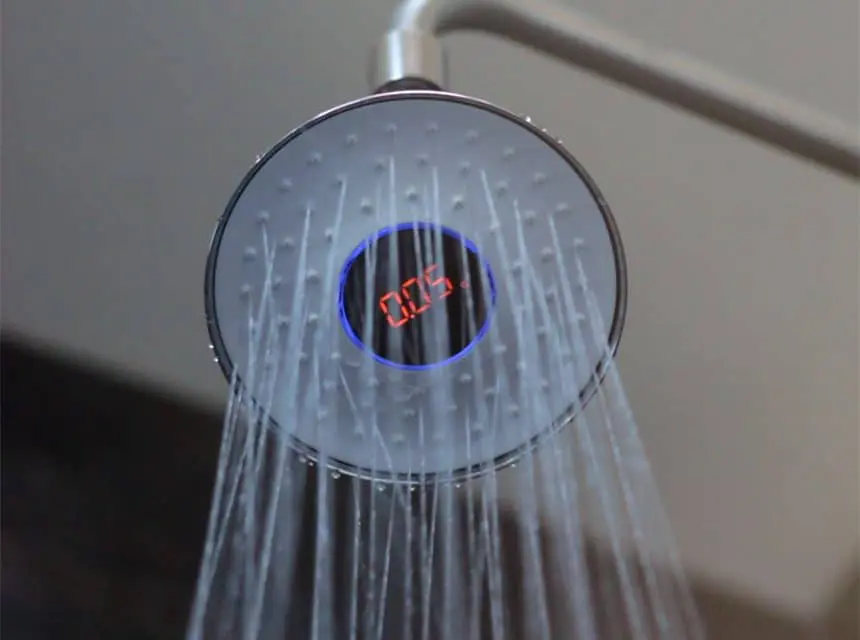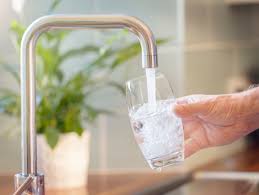Water conservation has become an essential aspect of modern living. As we face growing concerns over water scarcity, it is imperative to adopt smart plumbing solutions that help save water at home. These solutions not only contribute to environmental sustainability but also reduce water bills, making them economically beneficial. In this blog post, we will explore various smart plumbing solutions that can be implemented to conserve water effectively.
Understanding Smart Plumbing Solutions

What Are Smart Plumbing Solutions?
Smart plumbing solutions refer to advanced and innovative methods, technologies, and practices designed to enhance water efficiency in homes. These solutions utilize cutting-edge technology and intelligent design to minimize water wastage and optimize usage. From smart faucets to water-efficient appliances, there are numerous options available to homeowners.
Benefits of Smart Plumbing Solutions
Implementing smart plumbing solutions offers several benefits. Firstly, it helps conserve a significant amount of water, which is crucial in areas facing water shortages. Secondly, it reduces water bills, providing financial savings for homeowners. Lastly, it promotes sustainable living by minimizing the ecological footprint of households.
Smart Faucets and Showerheads

Smart Faucets: A Step Towards Water Conservation
Smart faucets are equipped with sensors that detect the presence of hands and automatically turn the water on and off. This prevents unnecessary water flow when not needed, significantly reducing water wastage. Additionally, these faucets can be programmed to control water flow and temperature, ensuring optimal usage.
Water-Efficient Showerheads: Saving Water Every Shower
Water-efficient showerheads are designed to reduce water flow without compromising the shower experience. These showerheads use advanced technology to maintain pressure while using less water. By installing water-efficient showerheads, homeowners can save a substantial amount of water annually.
High-Efficiency Toilets
How High-Efficiency Toilets Work
High-efficiency toilets (HETs) use less water per flush compared to traditional toilets. They are designed to achieve the same or better performance with significantly less water. Some HETs use dual-flush technology, allowing users to choose between a full flush for solid waste and a reduced flush for liquid waste.
Benefits of High-Efficiency Toilets
The primary benefit of high-efficiency toilets is water conservation. By replacing old, inefficient toilets with HETs, households can save thousands of gallons of water each year. Additionally, these toilets contribute to lower water bills and promote sustainable living practices.
Leak Detection Systems
Importance of Leak Detection Systems
Water leaks can lead to significant water wastage and damage to property. Installing leak detection systems can help identify and address leaks promptly, preventing water loss and potential damage. These systems use sensors to monitor water flow and alert homeowners in case of a leak.
Types of Leak Detection Systems
There are various types of leak detection systems available. Some systems are designed to detect leaks at specific points, such as under sinks or near appliances, while others monitor the entire plumbing system. Smart leak detection systems can be integrated with mobile apps, allowing homeowners to receive real-time alerts on their smartphones.
Water-Efficient Appliances

Choosing Water-Efficient Appliances
When selecting appliances such as dishwashers and washing machines, it is essential to consider their water efficiency. Water-efficient appliances are designed to use less water while maintaining performance. Look for appliances with high water efficiency ratings and certifications to ensure optimal water usage.
Impact of Water-Efficient Appliances
Using water-efficient appliances can significantly reduce household water consumption. For instance, modern dishwashers use less water than hand washing dishes, and water-efficient washing machines adjust water levels based on load size. By investing in these appliances, homeowners can achieve substantial water savings.
For More: From Pipes to Faucets What is Plumbing and How Does it Work?
Greywater Recycling Systems
What Is Greywater Recycling?
Greywater recycling involves reusing water from sinks, showers, and washing machines for non-potable purposes such as irrigation and toilet flushing. Greywater recycling systems collect, treat, and distribute greywater, reducing the demand for fresh water.
Benefits of Greywater Recycling
Implementing greywater recycling systems can lead to significant water savings. By reusing greywater for non-potable applications, households can reduce their reliance on freshwater sources. Additionally, greywater recycling helps reduce the strain on municipal water supplies and promotes sustainable water management practices.
Rainwater Harvesting
How Rainwater Harvesting Works
Rainwater harvesting involves collecting and storing rainwater for various uses, such as irrigation and toilet flushing. This system typically includes a catchment area, such as a roof, gutters to direct the water, and storage tanks to hold the collected rainwater.
Advantages of Rainwater Harvesting
Rainwater harvesting offers numerous advantages. It provides an alternative water source, reducing the demand for municipal water. Additionally, it helps manage stormwater runoff, minimizing the risk of flooding. By implementing rainwater harvesting systems, homeowners can contribute to water conservation and sustainable living.
Conclusion
In conclusion, adopting smart plumbing solutions is a crucial step towards conserving water at home. From installing smart faucets and water-efficient showerheads to implementing high-efficiency toilets and leak detection systems, there are various ways to optimize water usage. Additionally, choosing water-efficient appliances, greywater recycling systems, and rainwater harvesting can further enhance water conservation efforts. By embracing these smart plumbing solutions, homeowners can contribute to environmental sustainability while enjoying the financial benefits of reduced water bills.
